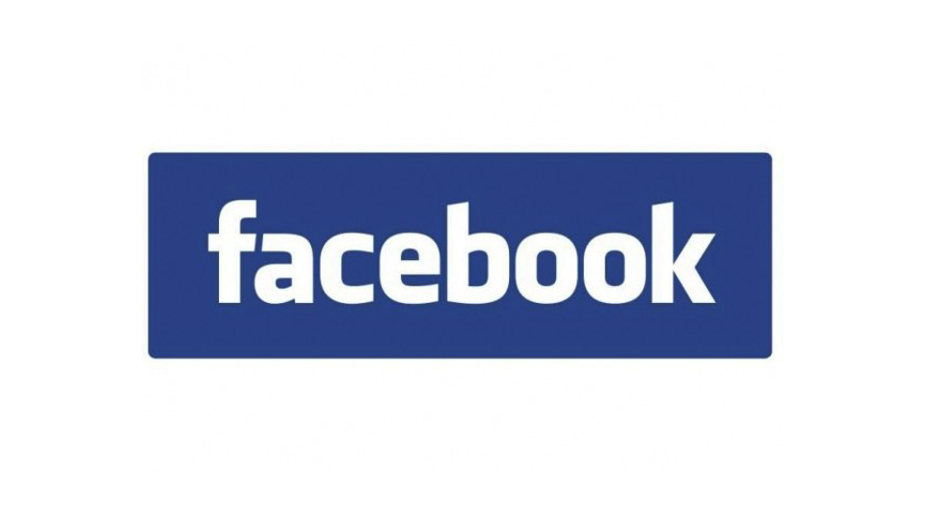Facebook CEO Mark Zuckerberg shut down an anonymous online chat platform in late 2016 after it was increasingly used to talk about the US presidential candidates and ‘harass’ the company’s employees, media reported on Thursday.
Initially launched in 2015 for employees to anonymously voice their concerns, the platform called ‘Facebook Anon’ became more political around last year’s US presidential elections.
Advertisement
“The ‘FB Anon’ internal Facebook group violated our Terms of Service, which require people who use Facebook (including our employees) to use an authentic identity on our platform,” Business Insider quoted Facebook Head of People Lori Goler as saying.
“Last year, we disabled any anonymous internal groups or pages within Facebook and reminded our people of the places at our company where they can have discussions about issues that matter to them, openly or confidentially as appropriate,” Goler said in a statement.
The group was abruptly shut down by Facebook in December 2016 without explanation. However, Zuckerberg later told employees that the group had been used to harass others.
According to the report, the online discussion group inside Facebook where employees conversed anonymously turned ugly and transformed the forum into a hub for political comments.
This behaviour alarmed Facebook management and evetually the platform was shut down.
Earlier this month, an anti-diversity “manifesto” went viral inside Google, infuriating its employees.
The anti-diversity manifesto suggested that Google should halt initiatives aimed at increasing gender and racial diversity within the company and instead focus on “ideological diversity”.
The employee who wrote the document argued that “the representation gap between men and women in software engineering persists because of biological differences between the two sexes”.











